How Long Does Perfume Last? 3 Ways To Tell
Tips for identifying the notes and formulation of a long-lasting fragrance
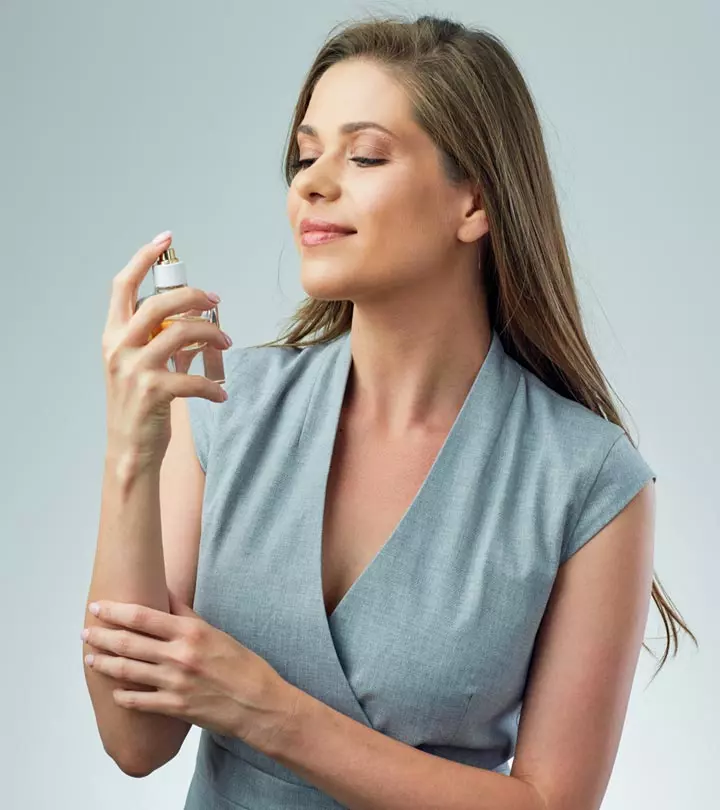
Image: Shutterstock
Perfumes and cologne don’t lose their fragrance easily as they are concentrated in essential oils. In addition, they contain a variety of long-lasting chemical ingredients. However, ’how long does perfume last?’ doesn’t have a straightforward answer as perfumes are made of water, alcohol, essential oils, mineral oils, and other chemical compounds. The longevity of any of these ingredients may vary drastically.

However, a useful rule of thumb is that inexpensive scents from mini-marts are more prone to early decay. This article explores various reasons behind perfumes and colognes getting spoilt. We have also put together a guide to know when your scent is not fit for use. Scroll down!
In This Article
Types Of Fragrances
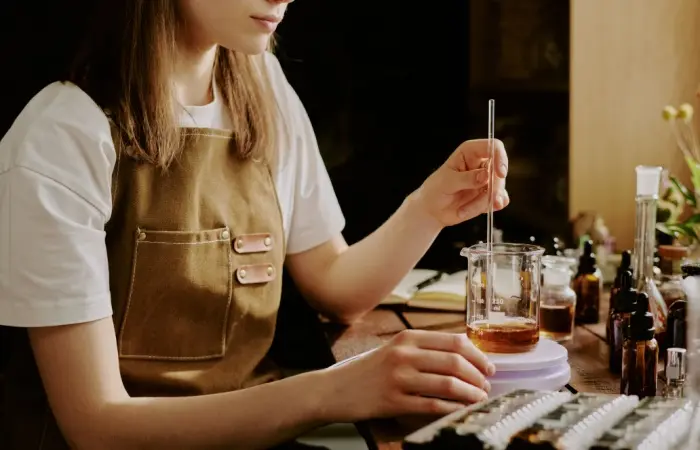
Before we get to the ways to detect spoilt perfumes, let us understand what the different kinds of fragrances are. Fragrances come in various forms, each with its own concentration of essential oils. These oils, also known as fragrance oils, are the concentrated aromatic compounds that give the perfume its scent. This concentration affects the strength and longevity of the scent. Understanding these different types can help you choose the right fragrance for your needs. Here is a quick overview of the most common fragrance types.
1. Eau de Parfum (EDP)
Eau de Parfum has one of the highest concentrations of fragrance oils, ranging from 15% to 20%. As a result, it offers an intense scent that lasts longer than other types of fragrances. Eau de Parfum is perfect for evening wear, special occasions, or when you want a fragrance that stays noticeable throughout the day.
2. Eau de Toilette (EDT)
Eau de Toilette is a lighter fragrance with a concentration of fragrance oils around 5% to 15%. It’s generally more subtle than Eau de Parfum and lasts about 3 to 5 hours. Eau de Toilette is ideal for daytime use or when you prefer a less overpowering scent, making it suitable for work or casual outings.
3. Eau de Cologne (EDC)
Eau de Cologne has a concentration of around 2% to 4%. As a result, it offers a very light, refreshing scent that usually lasts for 2 to 4 hours. EDC is often used for casual, everyday wear or as a quick refresher. It’s a popular choice for men’s fragrances and can be ideal for hot weather when a lighter fragrance is preferred.
4. Eau Fraiche
Eau Fraiche contains the least amount of fragrance oil, typically around 1% to 3%. It offers a very light, subtle scent that lasts for a short time, usually around 1 to 3 hours. Eau Fraiche is perfect for those who prefer an ultra-light fragrance or need a quick refreshment.
Understanding the differences between these fragrance types can help you select the perfect scent for any occasion and ensure that it lasts as long as you need it to.
Now, it’s time to delve in details regarding why perfumes or colognes may get spoiled. Keep reading.
Why Perfumes Or Colognes May Get Spoiled
1. Perfumes Start Losing Their Smell With Time
While some perfumes do not lose their aroma for several years, some are flighty, and others are degenerative. Earlier, the scents had fixatives and ingredients that helped retain their freshness for a long time. But today, there is a ban on the use of most of these compounds as they pose many health risks. Hence, perfumes tend to go bland in fragrance as they grow old.
 Did You Know?
Did You Know?2. The Temperature And Environmental Conditions Where The Perfumes/Colognes Are Stored, Matter
Storing perfumes and colognes in dark places at room temperature increases the shelf life of the scent. As perfumes have photochemical compounds, any change in heat or light around the fragrance can alter the structure of these chemicals or break them. Tabath Farnel, Fragrance Expert, shares, “One very common mistake that people make is storing their perfumes in the bathroom. While this can be a convenient location while getting ready for the day, the high heat and humidity can cause perfumes to break down quickly.”
Some individuals buy refrigerators specifically to store perfumes and colognes. Moreover, the cap of the perfume/cologne bottle also decides its shelf life. It must be airtight to protect the scent from the external environment.
3. The Material Of The Cologne Bottle Also Has A Significant Impact On Its Shelf Life
Famous perfume and cologne brands use non-reactive materials for scent bottles. They use high-quality glass, which protects the chemical combinations from UV light and temperature change.
Some manufacturers pack regular inexpensive scents in containers made with materials that don’t prevent them from reacting with the surrounding environment.
These are the reasons your perfume/cologne may get spoiled. In the following section, we will look at the signs that indicate your scent is unsuitable for use.
Key Takeaways
- Perfumes start losing their fragrance with time. However, proper storage and other factors can increase their longevity.
- If perfumes start smelling like vinegar or citric acid, consider it an indicator of their decomposition.
- Perfumes from good and expensive brands usually last longer. Regular perfumes may last only for a year or two.
How To Tell If Your Perfume/Cologne Is Unfit For Use
1. Check The Expiry Date
Perfumes or colognes have expiry dates. They also have ‘best before’ as well as manufacturing dates. Always refer to these dates before buying the bottles. Check the manufacturing and expiry dates if you are doubtful about the quality of the scent. If the scent crosses its expiry date, it is not advisable to use it.
 Trivia
Trivia2. Test The Smell Of The Perfume Or Cologne
If there is a significant difference in the fragrance of your perfume or cologne from the original scent, your scent is not pleasant to use.
Sometimes, the perfumes start smelling of vinegar or citric acid, which again is an indicator of their decomposition. The fragrances with vegetable oil added to their composition tend to decompose faster than those with zero fat content.
3. Observe The Changes In The Appearance Of The Perfume/Cologne
The difference in the color and texture of the perfume/cologne is an indicator of its spoilage. If your perfume is turning darker than the original color, it is not suitable for further use.
For example, you may have a perfume with the golden glow of the liquid, which, over time, turns to a darker liquid with an amber color. This indicates spoilage, making it unfit for use. Sometimes, the density of perfume/cologne increases, and its consistency becomes similar to that of oil. This thick consistency also indicates spoilage.
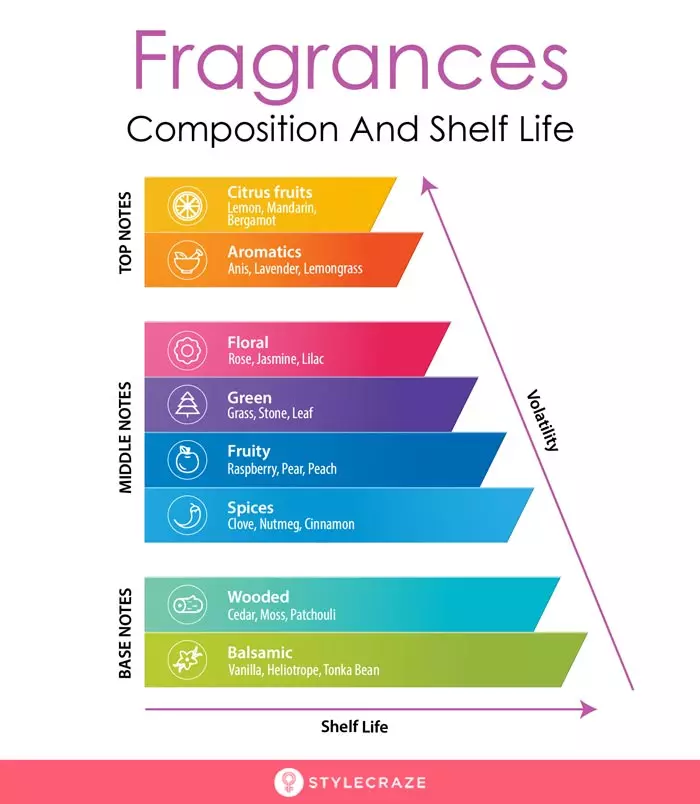
How To Ensure Your Perfume/Cologne Lasts Longer
Some good brands of perfume provide scents that last for years together. But they are highly expensive. Ordinary perfumes that we use in our day-to-day lives have a shelf life of 1-2 years.
After this, the alcohol and volatile fragrance-providing agents leave the scent and diffuse in the nearby environment, making the perfume non-usable.
However, the life of your cologne entirely depends on how you store and use it. Follow these simple steps to make your scent last longer:
- Store your perfume in an environment free from excessive heat and temperature fluctuations. Do not store it at a place where it is exposed to sunlight. Never forget that temperature fluctuations may affect the life of the scent. When you place the perfumes in your bathroom, they face temperature fluctuations due to hot and cold water. Hence, keep them in a cool and dark place that has a temperature closer to the room temperature.
- Never shake the perfume bottle vigorously. The mechanical force generated due to the vigorous movement can break the chemical constituents of the perfume down or even alter them. This may degrade the scent faster.
- Never transfer a cologne or perfume from its original container to another container. It loses alcohol and other volatile fragrances in the process. This may lead to a loss of the perfume’s unique scent.
- Replace the cap on the perfume bottle immediately after use. The cap maintains an airtight environment. The open end of the perfume bottle, i.e., the mouth, can easily transport sunlight or moisture to the scent and lead to a temperature change. The cap helps cover the mouth of the perfume bottle, and this increases its shelf life.
- Buy smaller bottles of any scent, if you use many scents at a time interchangeably.
- It is believed by some people that skin type tends to affect how long the scent lingers around you. If you have oily skin, the scent may hold on to your natural oils and stay with you longer. However, there is a lack of studies to attest to this theory.
Throwing out an expired bottle of perfume is the first thing that comes to mind when you come across one. Surprisingly, there are creative ways to use that once-cherished fragrance. Find out more in the next section.
Ways To Use Expired Perfume
Here are the following ways in which you can use your expired perfume:
- Place a few drops of perfume on a cotton ball and use it like a room freshener.
- Spray them on your bedding, carpets, and rugs to give them an amazing smell.
- Use it on a fan or a lampshade as the heat may help revive their lost scent a little.
- Repurpose the perfume bottles as oil burners or flower vases.
Perfumes and colognes tend to undergo spoilage despite containing non-degradable chemicals. The cheaper perfumes available in the markets contain animal fats and vegetable oils, which are more prone to deterioration. The substances in such scents are converted to acids by fermentation. A sour smell is an indicator of perfume spoilage.
There is no clear, straightforward answer to ’how long does perfume last?’. The longevity of a fragrance can depend on various factors, such as the ingredients in the formulation, storage conditions, and the nature of its container. Hence, understanding the various types of perfumes and their key components can help you gauge their longevity. You can tell that your perfume is no longer fit to use if you can identify a distinct change in its appearance (look and color), detect a vinegary or sour fragrance instead of how it originally used to smell or check that it is past its expiry date. You can make fragrances last longer by storing them in a cool, dark place away from direct sunlight and always replacing the cap immediately after use.
Frequently Asked Questions
Do perfumes get better with age?
No, perfumes do not get better with age. Instead, their concentration fades as they reach expiration.
Does perfume last longer on the skin or clothes?
Perfumes usually last longer on clothes than on the skin. However, they must be used cautiously to avoid any textile damage.
Examine the untold facts about the lifespan of fragrances with this insightful video. Discover what elements that impact the longevity of colognes and learn how long scents last.
Read full bio of Tabatha Farnel
Read full bio of Arshiya Syeda
Read full bio of Anjali Sayee
Read full bio of Swathi E






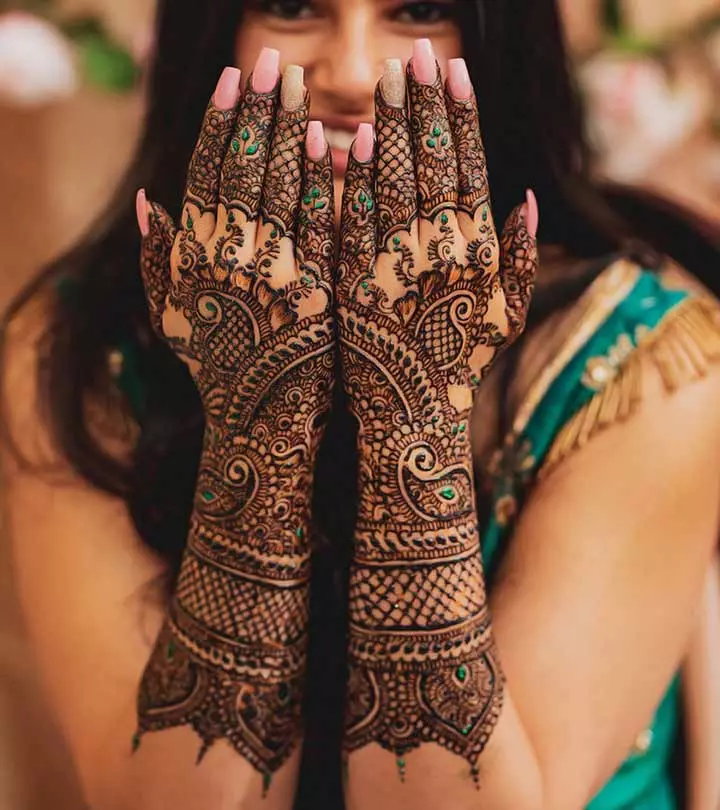




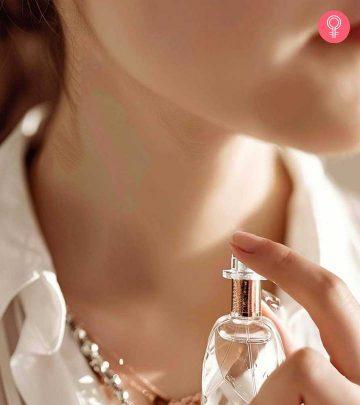

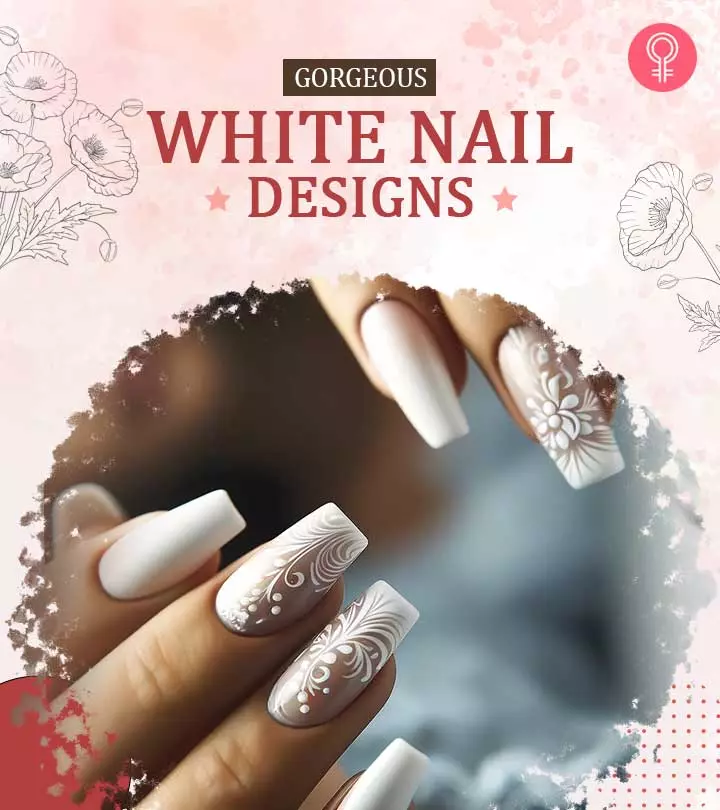
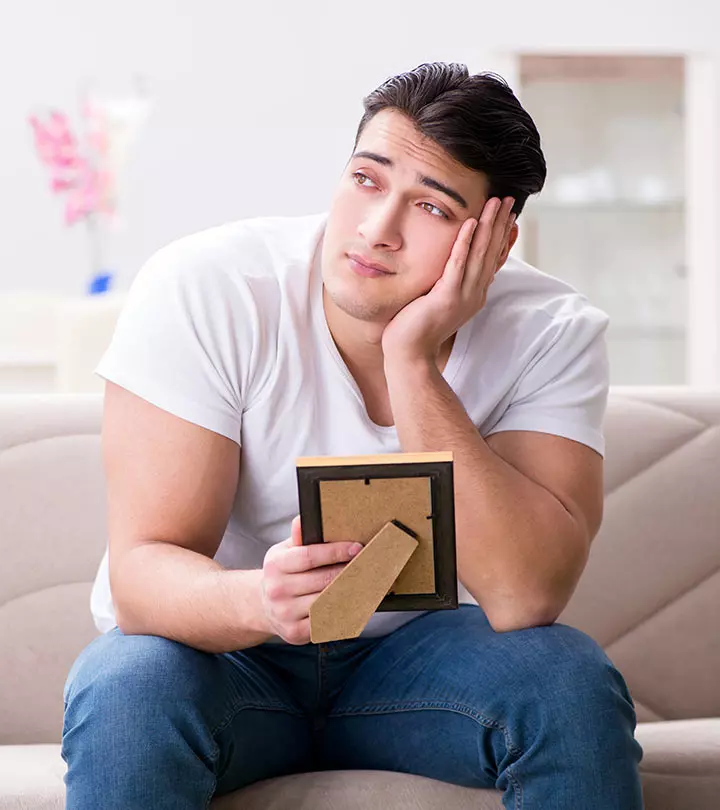

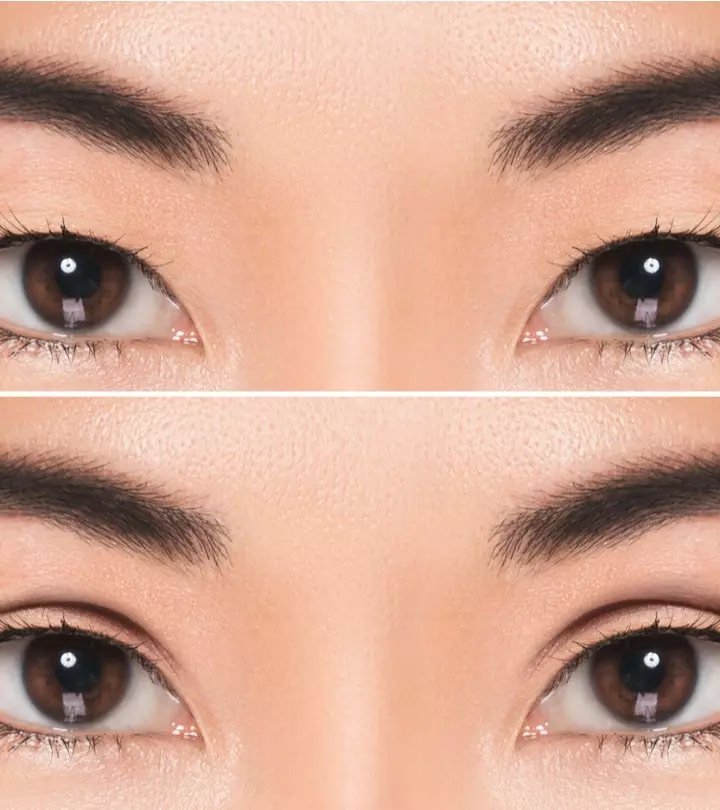

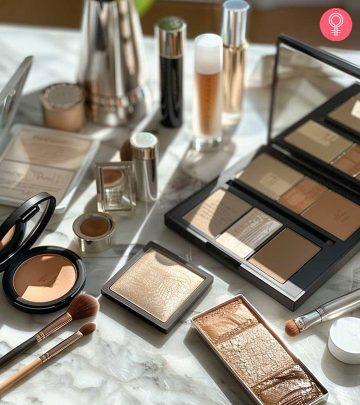
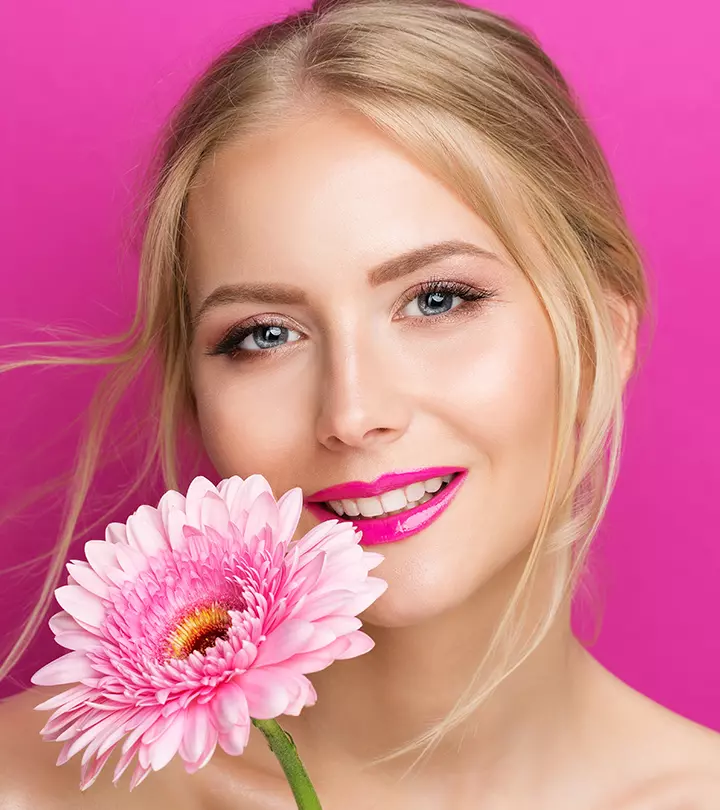
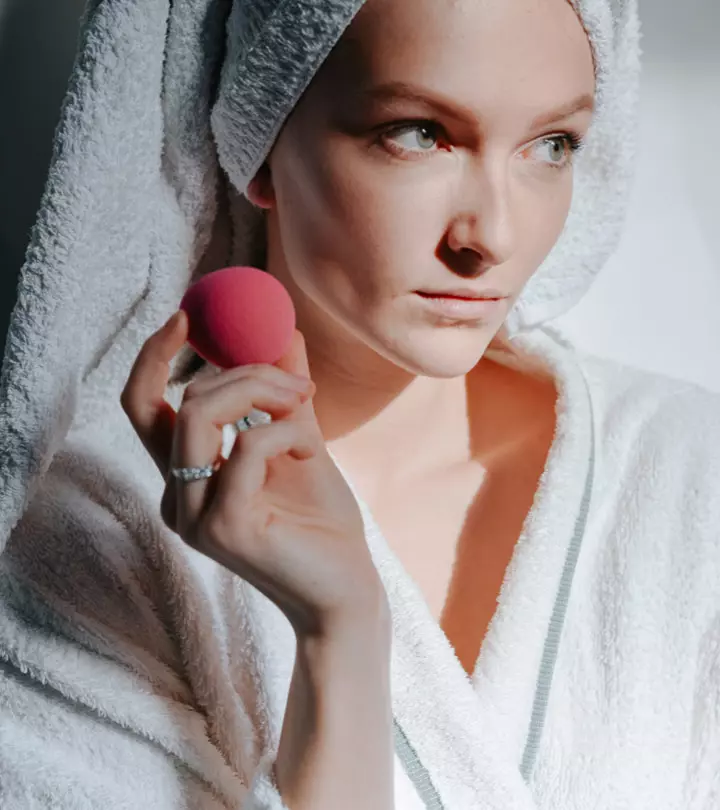

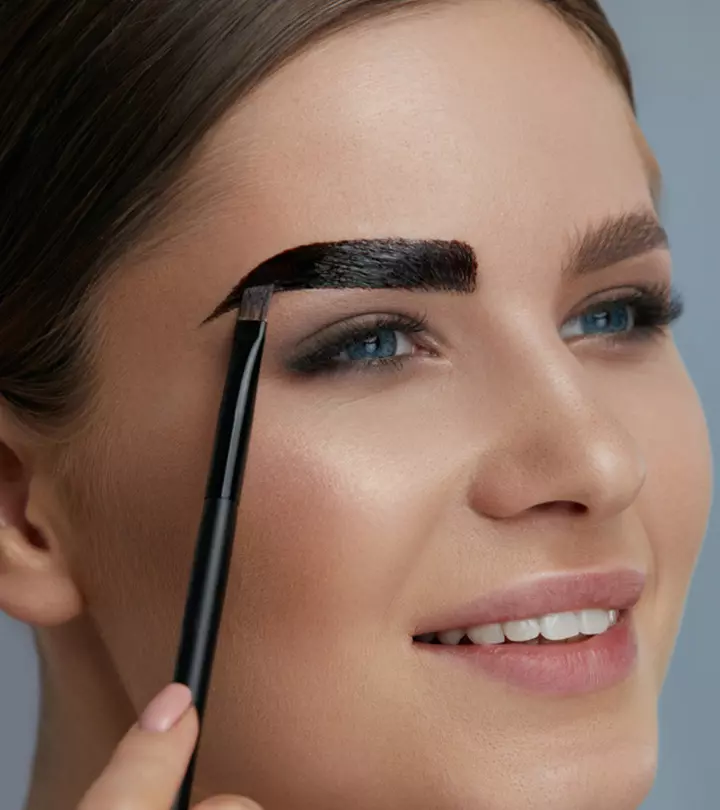


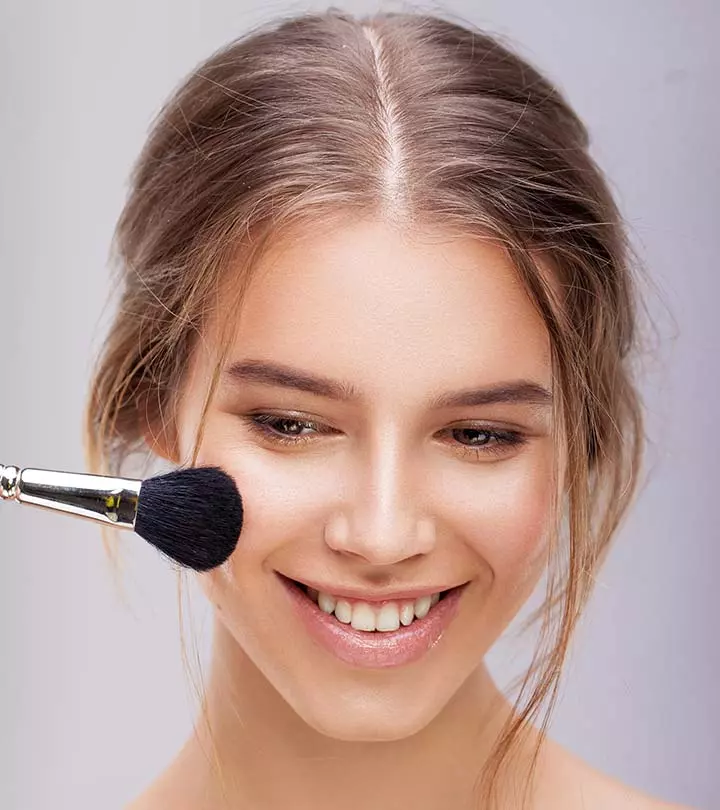
Community Experiences
Join the conversation and become a part of our empowering community! Share your stories, experiences, and insights to connect with other beauty, lifestyle, and health enthusiasts.